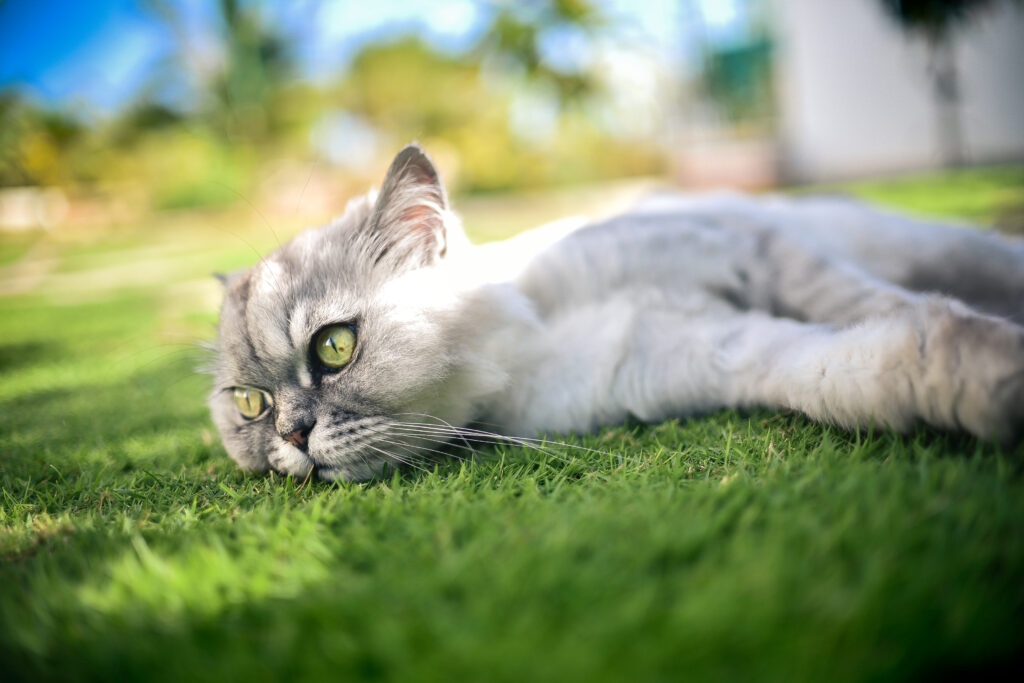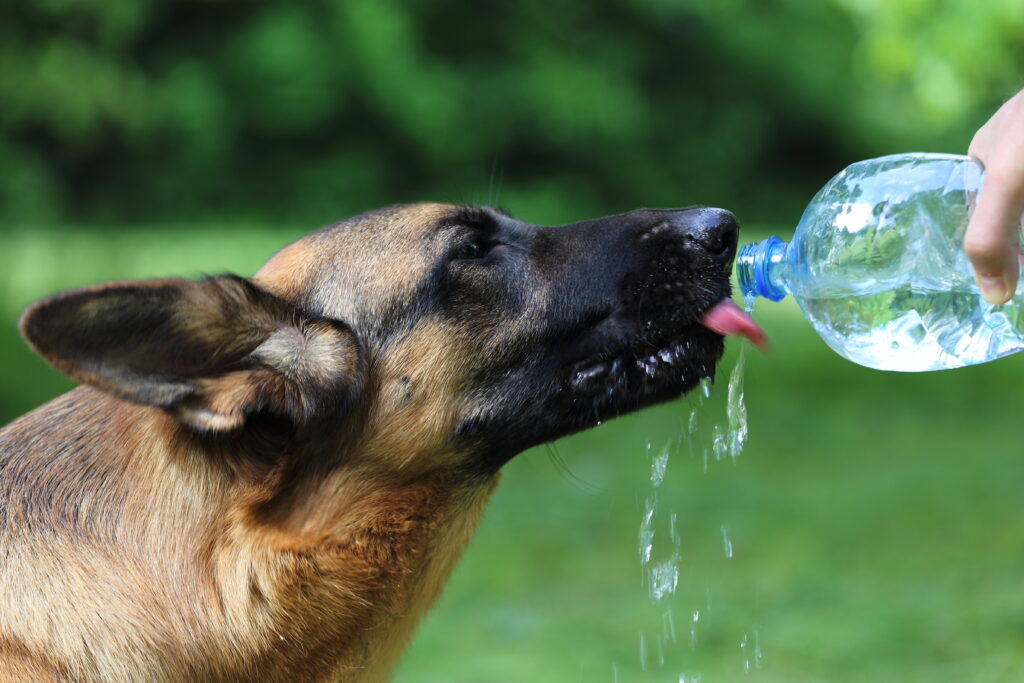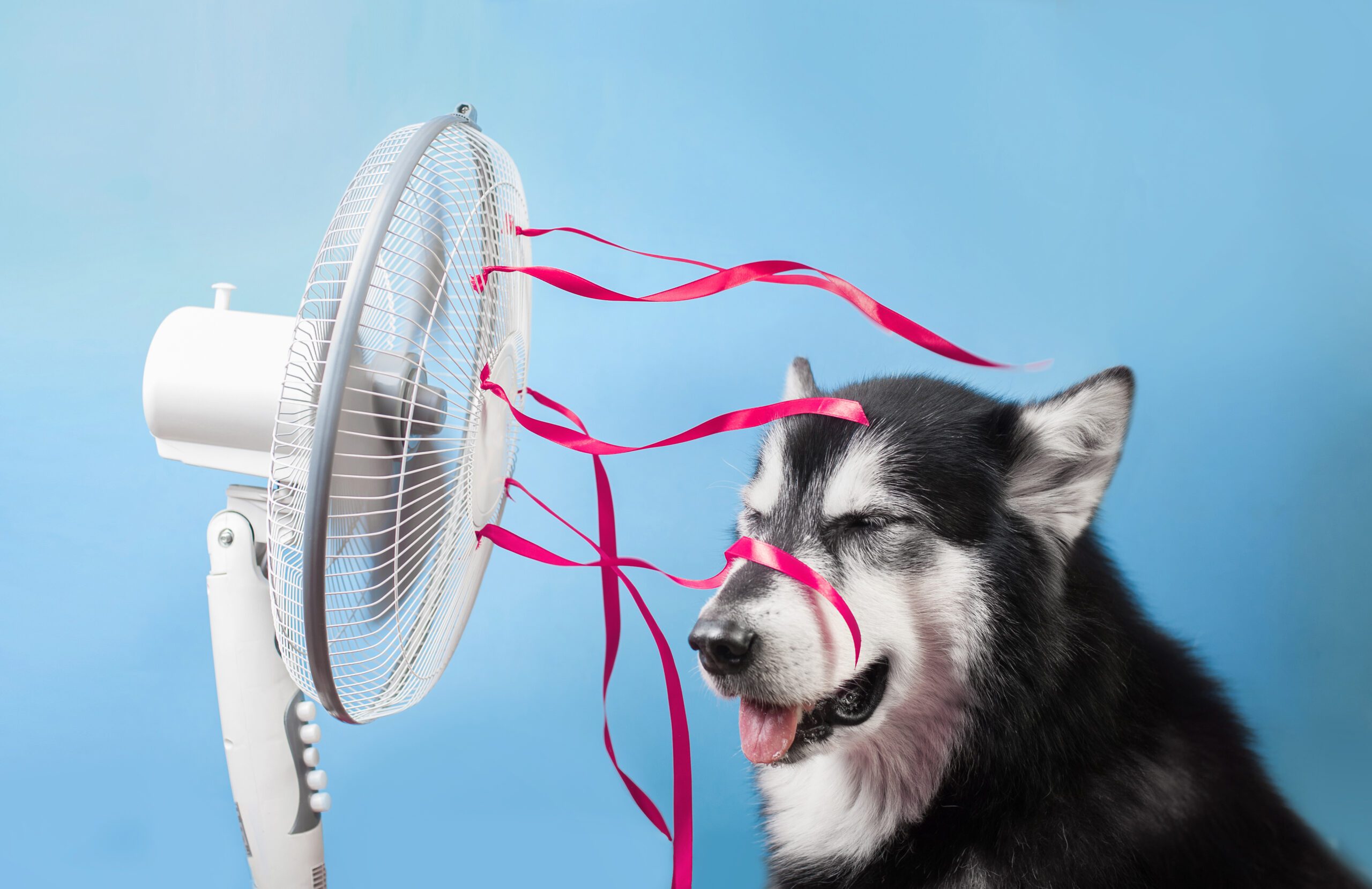Whilst we all welcome the glorious weather we have been enjoying recently, it can be very difficult for our beloved pets.
Dogs
A recent study carried out by researchers at Nottingham Trent University and the Royal Veterinary College, highlighted the dangers of walking our dogs in the extreme heat. Exercise was found to be the main cause of heatstroke in 74% of the of all canine heatstroke cases.
Owners appear to be getting the message that it is unacceptable to leave a dog in a car, even with a window open, but awareness needs to be raised about the fact that daily exercise during the heat can be just as deadly! It is far better to exercise your pet very early in the morning, when it is cooler, or miss a walk altogether! I know this can be difficult, my own dogs will plead to go on their daily walk, but it is not worth the risk!
Heatstroke occurs when dogs are too hot and unable to reduce their body temperature by panting, common signs include;
- Panting
- Drooling
- Lethargic
- Uncoordinated
- Collapse
- Diarrhoea or Vomiting
- Seizure
Some dogs are more prone to heatstroke, the very young or elderly, but also the ‘flat-faced’ breeds such as the bulldogs and pugs etc. If your dog is displaying any of the symptoms of heatstroke it is important to call your vet immediately.
Cats
Cats are a little wiser and will generally seek somewhere cool to lie, however, it is important to make sure that they do not get shut in any sheds or greenhouses. They need access to shady areas or, plenty of ventilation if they live indoors. Some cats may need a little pet friendly sun cream to protect exposed areas such as the tips of their ears and nose.

Rabbits and Smaller Pets
For our smaller pets, try thinking about moving the hutch out of direct sunlight, make sure they have access to plenty of shade. Remember to keep an eye on the sun, as it moves, a hutch that was previously in the shade could quickly become exposed to full sunlight. Also, as insects are more active during the summer, it is important to check twice a day for flystrike and other insects – this can very quickly take a hold of a small pet with devastating consequences.
Water
Obviously, all pets should have access to fresh drinking water but during the summer they will tend to drink more. You could even pop a couple of ice cubes in to make sure it stays nice and cold!






